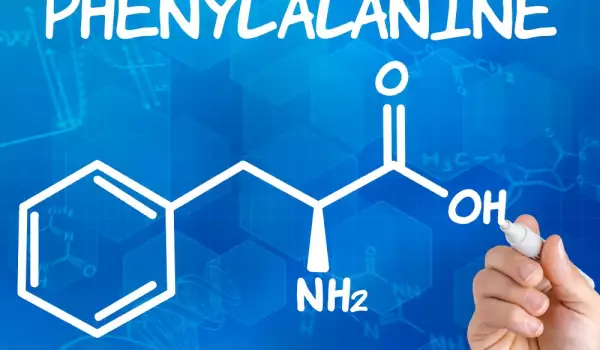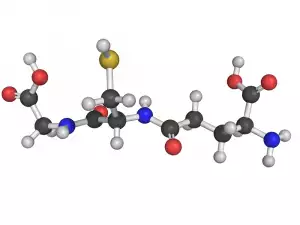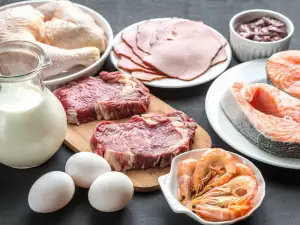Phenylalanine is an essential amino acid. This amino acid is used by the body to build proteins.
Phenylalanine is one of the major neurotransmitters - chemicals that transmit signals between nerve cells and the brain. Once in the body, it's transformed into norepinephrine and dopamine.
Phenylalanine exists in L, D and DL form. The L-form is the most commonly used and it is in this form that the amino acid bonds with the proteins in the body.
The D-form relieves pain. The 3rd form is a combination of the first 2. The DL-form is efficient in controlling pain (especially arthritic pains).
Sources of Phenylalanine
The best natural sources of phenylalanine are protein-rich foods, such as milk, peanuts, beans, almonds, sesame, pumpkin, soya products.
Benefits of Phenylalanine

Phenylalanine enters the body through the blood-brain barrier, which means it can directly affect the chemical processes in the brain.
Once in the body, it is transformed into another amino acid (tyrosine), which is in turn used to synthesize the above-mentioned neurotransmitters - norepinephrine and dopamine.
Because of its connection to the central nervous system, phenylalanine can elevate mood, reduce pain, improve memory and learning, while at the same time suppressing appetite.
Phenylalanine is used to treat depression, muscle spasms, high blood pressure, obesity, migraine, schizophrenia, Parkinson's disease.
This amino acid plays a role in building DNA molecules, proteins in the human body, as well as hormones important for the functioning of the central nervous system, such as dopamine. Dopamine is one of the main neuromediators in the brain that helps regulate movement and mood.
Phenylalanine is used in drug addiction rehabilitation and as a prophylactic because it reduces that yearning for opiates and alcoholic beverages.
To summarize, phenylalanine has a stimulating and anti-depressive action. If combined with vitamin B6 and vitamin C, phenylalanine improves brain function and memory, while at the same time decreasing appetite and the need for sleep.
In this sense, it can be said that phenylalanine is the neurotransmitter of choice for people who are subject to severe physical and constant mental stress.

Taking Phenylalanine
Phenylalanine supplements are sold in 250 - 500 mg tablets. To decrease appetite they need to be taken 1 hour before meals, with juice or water (without added proteins). For overall alertness and vitality, take supplements between meals but again, only with water or juice.
Deficiency of Phenylalanine
Deficiency of the amino acid phenylalanine can occur during disrupted hormonal activity, as well as if taking synthetic antidepressants. The deficiency is expressed in unpleasant side effects, such as fatigue, depression, melancholy, sleepiness, decreased productivity.
Dangers of Phenylalanine
Phenylalanine in the form of supplements should not be taken by pregnant women or people suffering from diabetes, anxiety attacks, phenylketonuria, high blood pressure or early stage of skin cancer. Phenylalanine can be dangerous for people who have problems with the cardiovascular system.
Due to the risks of negative side effects, consult with an expert before you begin taking phenylalanine supplements.
















Comments